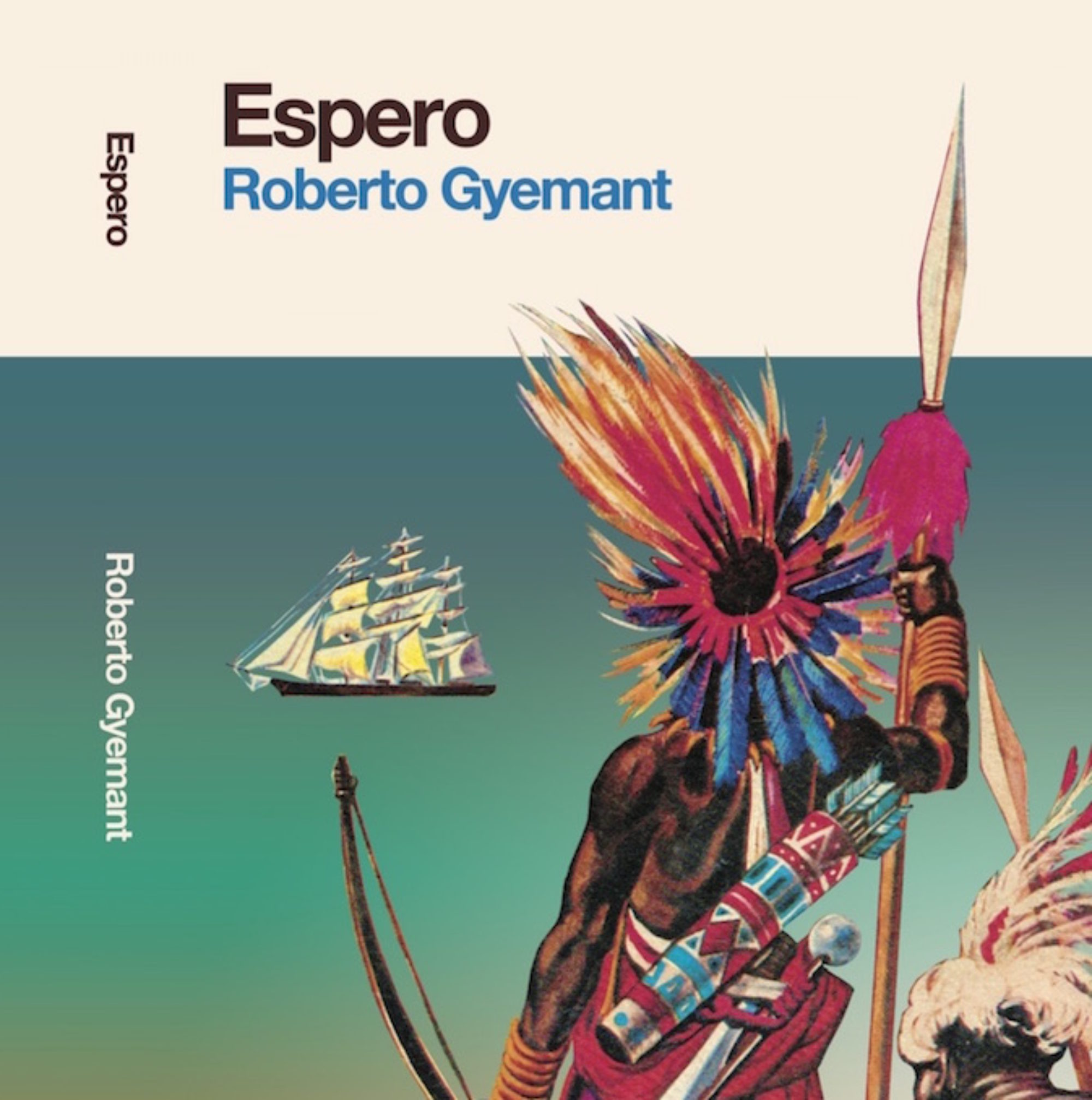Can we all agree there are very few albums that are good all the way through? Mostly I’m thrilled if I find one super hot song on an LP, and maybe sometimes later something else that I wasn’t listening for before will emerge. This post represents three songs that appear in a row on the B-side of the Orlando Contreras LP Amigo de Que? Lo Mejor de Contreras on Musicalia.

I have another couple of Musicalia releases, one of Cachao and another of Conjunto Casino, and both say “A Raoul Aguilar Production” – I’m guessing Aguilar was a Cuban exile who brought some masters with him to Miami. Love to learn more if anyone has any datos. The liner notes on this LP notes that it’s Musicalia’s first release.
Contreras was a well-loved singer throughout Latin America know best for his boleros – his nickname was “La Voz Romántica de Cuba”. Born in Santiago (Oriente again – how fertile that region was to Cuban music, the birthplace of the Son and Changui, with its connections to the Franco-Afro-Haitian diaspora of the late 18th century), Conteras sang with Neno Gonzalez’s Orquesta and Conjunto Casino in the mid ’50s in La Habana. He ultimately left Cuba in 1965 with Maype label owner Arturo Machado Diaz.
Two of these songs are especially fascinating in that Contreras is singing over pure traditional Guaguancos. Contreras recorded an LP in 1970 or ’71 in NYC with Patato Valdes and Cortijo (!) of boleros and other genres over Guaguancos, but neither of these songs appear on that LP, and to me the sessions don’t sound the same?

The first, “Tu Olvido” is a duet with Panchito (Riset?) of a beautiful Argentine Vals by Alberto Gomez and Augusto Vila, contemporaries of Gardel’s in ’20s and ’30s Buenos Aires.
The song that follows is a really crisp, swinging Montuno “Tabelen”, that Harry Sepulveda assures me was recorded with Neno Gonzalez, with pizzicato violins and flute by Pancho el Bravo:
I swear every time I hear “Tabelen, it’s as fresh as the first time I heard it. This remarkable flight of songs is bookended by the beautiful traditional Mexican Ranchera “Las Cuatro Milpas”:
